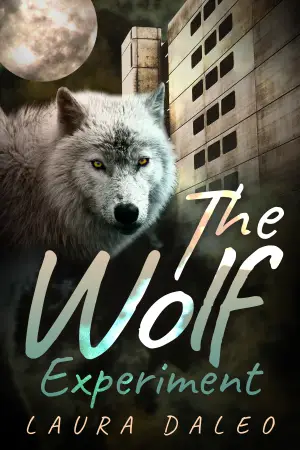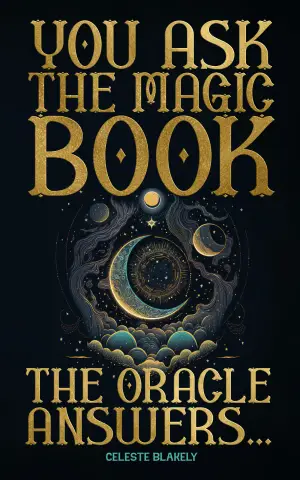Book Review: The Parable of the Sower by Octavia E. Butler
As a passionate reader and fan of science fiction, I was immediately drawn to The Parable of the Sower by Octavia Butler. The book came highly recommended, particularly for its exploration of a post-apocalyptic world, which is a genre I eagerly dive into. The prospect of a young girl fighting for survival in a society torn apart by climate change and chaos piqued my interest. Plus, the fact that Butler is a revered and award-winning author certainly added to my anticipation.
The story centers around Lauren Olamina, a fifteen-year-old girl living in a gated community who possesses a unique condition called hyperempathy, which makes her acutely sensitive to the emotions of others. This theme of vulnerability in a world that preys on weaknesses resonates powerfully. Lauren’s struggle to assert her voice and protect her family amidst a backdrop of societal collapse is not just a narrative about survival but also about faith and the birth of a new belief system known as Earthseed.
Overall, Butler crafts a compelling narrative that is both frighteningly believable and thought-provoking. One of the key themes present is the exploration of "new slavery," a concept reflecting our contemporary social issues. Bobby Rowan highlights in his review how Butler weaves this idea into the fabric of her world, showcasing a society in which, despite advances in some areas, the old issues of racism and economic disparity frequently rear their heads.
The characters are thoughtfully developed—especially Lauren, whose intelligence and precocity shine through despite her turbulent surroundings. What really captivated me was the relatability of her quest for identity and purpose. The depth of the characters adds a richness that truly enhances the reading experience.
However, the book does have some drawbacks. Some readers feel the pacing is slow at times, particularly in the beginning. I can understand this perspective; while slowly building tension allows for rich world-building, it may frustrate those looking for immediate action. Furthermore, while many find the themes engaging, others describe the content as somewhat depressing—a sentiment echoed by a few reviewers. While I appreciated the honest reflection of societal flaws, I can see how it might emotionally weigh down readers seeking escapism.
Despite these minor setbacks, The Parable of the Sower surpasses many of my expectations. It serves as a stark reminder of the realities we face today, showcasing the interconnections between climate change, societal breakdown, and systemic inequalities. It’s hard to believe Butler wrote this over thirty years ago, yet her insights feel alarmingly prescient. As Rachel S. pointed out, the book remains incredibly relevant—a thought-provoking dive into humanity’s potential future based on present actions.
If you’re a fan of dystopian fiction or seeking an engaging read that challenges your perspectives, I highly recommend The Parable of the Sower. It’s not just a story about survival; it’s about envisioning a new way forward, making sense of change, and fostering resilience. I am eagerly looking forward to exploring the sequel, The Parable of the Talents, eager to see where Lauren’s journey takes her next.
In conclusion, while the book’s heavier themes may not be for everyone, its ability to provoke thought and discussion is invaluable. I would rate this book 4.5 stars, as it stands out as a modern classic that deserves a place on your bookshelf.








